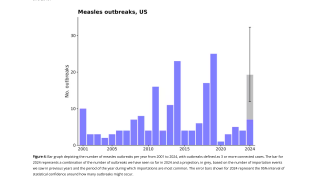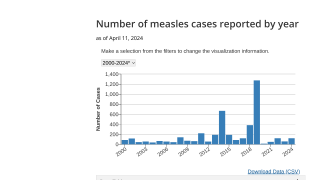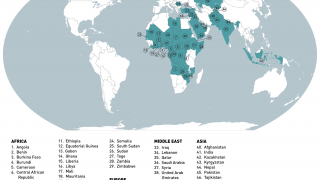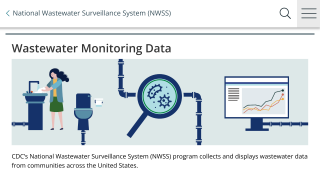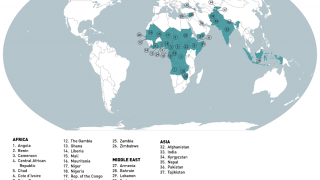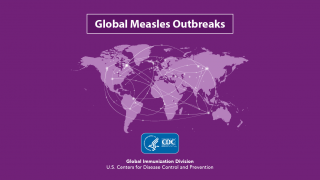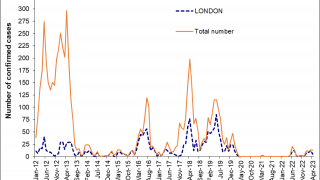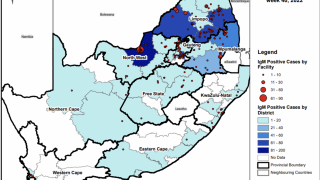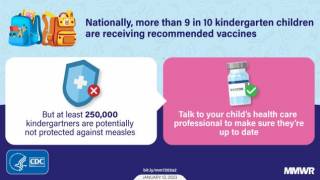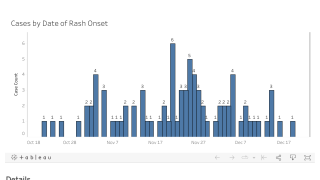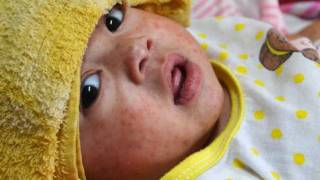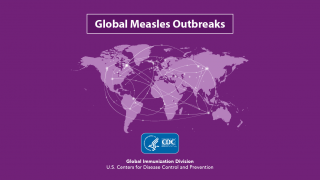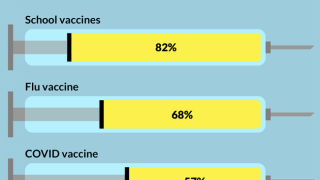More Measles Cases Confirmed by the U.S. CDC

The US Centers for Disease Control and Prevention (CDC) reported six measles cases were confirmed in three jurisdictions as of September 13, 2021. This new CDC data indicates four cases were confirmed over the past month.
In 2020, thirteen individual cases of measles were confirmed in 8 jurisdictions by the CDC.
While the CDC did not disclose which jurisdictions reported the new measles cases, Wisconsin and Virginia recently announced cases related to inbound international travelers, including from Afghanistan.
Additionally, Stripes reported on September 16th, the US military will inoculate thousands of Afghan evacuees with measles and chickenpox vaccines at U.S. Air Force and Army bases in Germany.
Although measles was declared eliminated in the USA in 2000, almost 1,300 cases were reported in 2019, most related to international travelers. That outbreak was the most significant measles outbreak since 1992.
From a global perspective, almost 41 countries delayed or may put off measles campaigns for 2020 or 2021 due to the COVID-19 pandemic. Unfortunately, these decisions increase the risk of bigger measles outbreaks worldwide, including in the USA.
The CDC's updated top ten measles list as of August 13, 2021, shows the countries of Nigeria (6,170), Pakistan (6,032), and Afghanistan (1,273) reporting measles cases.
Measles is caused by a single-stranded, enveloped RNA virus with one serotype and is highly contagious. Outbreaks can happen in areas where people may be unvaccinated or under-vaccinated.
According to the CDC, around 90% of people who are not protected will become infected following exposure to the measles virus.
The measles virus is transmitted by direct contact with infectious droplets or airborne spread when an infected person breathes, coughs, or sneezes.
And the measles virus can remain infectious in the air for up to two hours after an infected person leaves an area.
People exposed to measles who cannot readily show that they have evidence of immunity against measles should be offered post-exposure prophylaxis. To potentially protect or modify the clinical course of disease among susceptible persons, the CDC suggests either administering an MMR vaccine within 72 hours of initial measles exposure or immunoglobulin within six days of exposure.
However, do not administer MMR vaccine and IG simultaneously, as this practice invalidates the benefits of the MMR vaccine.
Measles can be easily prevented with a measles-containing vaccine, such as the measles-mumps-rubella (MMR) vaccine. Or the combination measles-mumps-rubella-varicella (MMRV) vaccine can be used for children aged 12 months through 12 years.
One dose of MMR vaccine is approximately 93% effective at preventing measles, says the CDC.
Note: Measles vaccines include the M-M-R II, Proquad vaccines, and Priorix is available in most countries.
Our Trust Standards: Medical Advisory Committee
